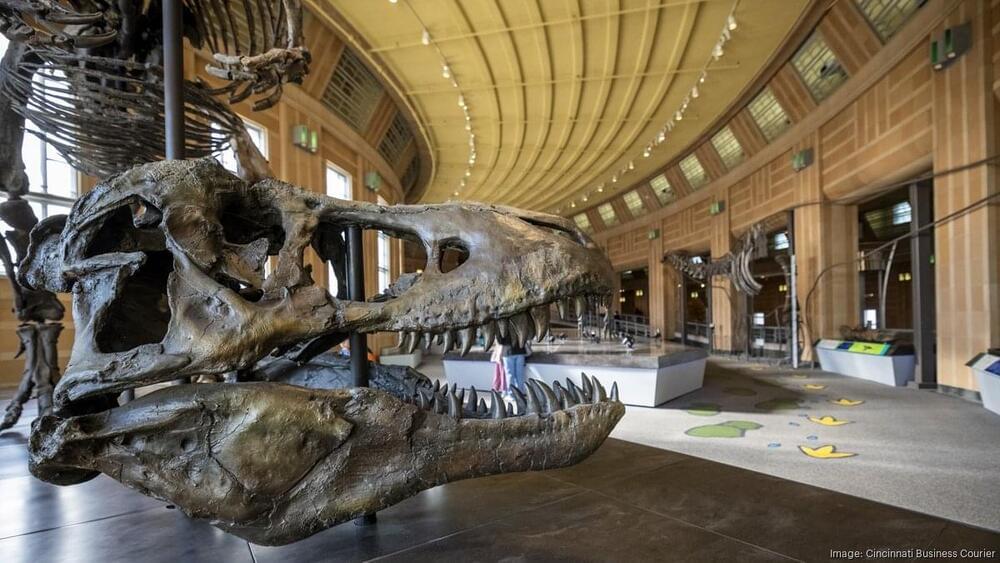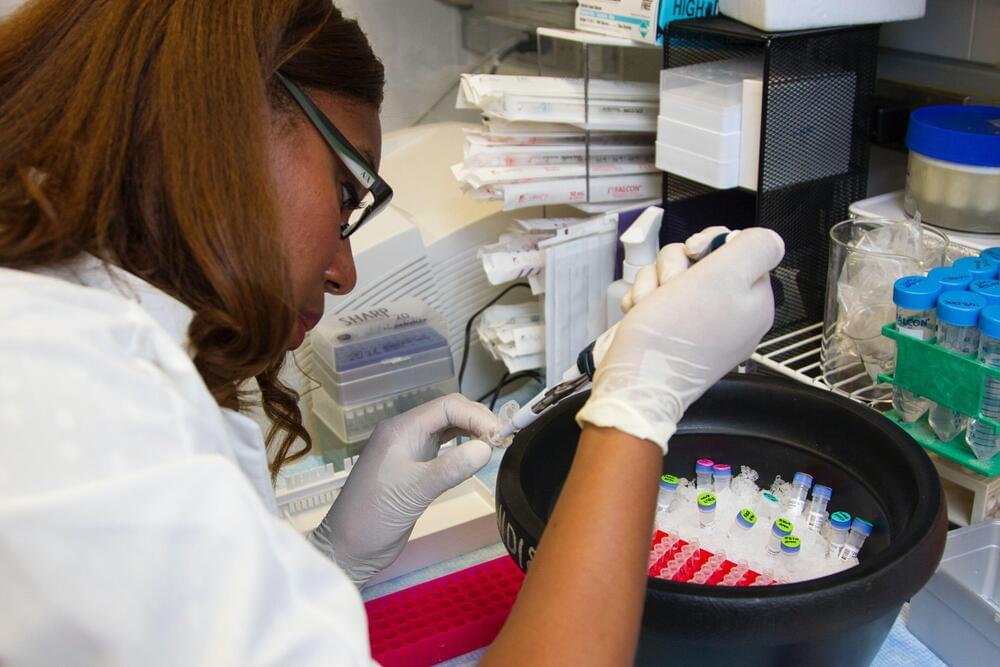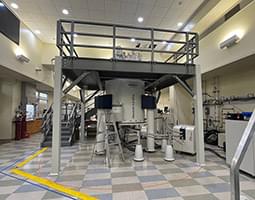One of the country’s best-known science museums, San Francisco’s Exploratorium, is located less than three miles north of Gladstone Institutes—proximity that has resulted in creative, high-science collaborations like the permanent exhibit featured in the latest issue of Stem Cell Reports.
Among the museum’s most popular exhibits, “Give Heart Cells A Beat” opens a rare window into the microscopic world of the beating human heart, using technology and materials made possible through Gladstone’s science and expertise. With the exhibit, the team created the first interactive museum experience that allows the public to interact directly with living cardiomyocytes.
“It’s like having a lens into yourself because these same types of cells are within us—it’s an incredible experience for our visitors,” says Kristina Yu, Ph.D., senior director of science R&D for the Exploratorium.








